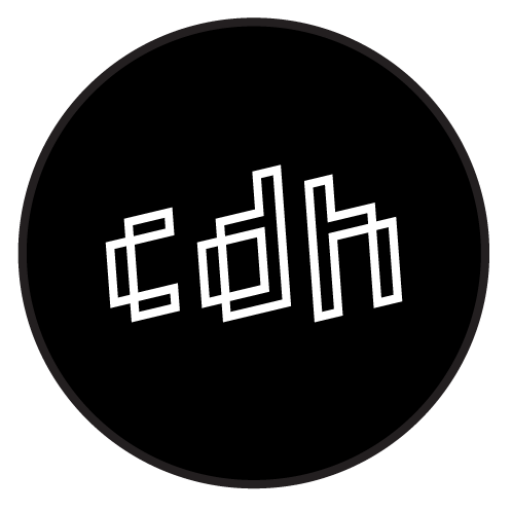
Code of Conduct
IDARESU strives to create welcoming environments that are anti-oppression, recognize intersectionalities, and work compassionately across difference. Together, IDARESU participants and instructors create learning environments to advance research, research creation, creativity, and pedagogy that are interdisciplinary, constructive, and collaborative. We know that the best problem-solving and critical thinking happens when people with a wide array of experiences and perspectives come together to work in comfort and safety as peers. We therefore expect participants in IDARESU to help create a thoughtful and respectful environment that supports such work.
How to Be:
IDARESU is dedicated to providing collaborative experiences that are free from all forms of harassment, and inclusive of all people. Small actions you can take will help us meet this goal. For instance, we suggest: listening as much as you speak, and remembering that colleagues may have expertise you are unaware of; encouraging and yielding the floor to those whose viewpoints may be under-represented in a group; using welcoming language, for instance by honouring pronoun preferences and favouring gender-neutral collective nouns (“people,” not “guys”); accepting critique graciously and offering it constructively; giving credit where it is due; seeking concrete ways to make physical spaces and online resources more universally accessible; and staying alert, as Active Bystanders, to the welfare of those around you.
Likewise, it is important to understand the range of behaviours that may constitute harassment. Harassment can include unwelcome or offensive verbal comments or nonverbal expressions related to: age; appearance or body size; employment status; ethnicity; gender identity or expression; individual lifestyles; marital status; national origin; physical or cognitive ability; political affiliation; sexual orientation; race; or religion. Harassment can also include use of sexual and/or discriminatory images in public spaces (including online); deliberate intimidation; stalking; following; harassing photography or recording; sustained disruption of talks or other events; bullying behaviour; inappropriate physical contact; and unwelcome sexual attention.
Sexually explicit or demeaning, discriminatory, or probable triggering language and imagery are generally inappropriate at any IDARESU event, including talks. However, this policy is not intended to constrain responsible scholarly or professional discourse and debate. We welcome engagement with difficult topics, done with respect and care. Presentations or workshops dealing with potentially offensive content are encouraged to flag this in advance descriptions and in face-to-face introductions.
What to Do:
That said, we will not tolerate harassment of IDARESU community members in any form. If you are being harassed, notice that someone else is being harassed, or have any other concerns, please contact the organisers in person or at jason.boyd@torontomu.ca. Participants asked to stop any harassing behaviour are expected to comply immediately.
All reports and inquiries will be handled in confidence.
This Code of Conduct was adapted from the DH@Guelph Code of Conduct. As with the original, this document has been made available under a CC-BY-NC 4.0 license. Please feel free to adapt and re-use for your conference or event!
Sources of Inspiration:
DLF; Everyday Feminism, Geek Feminism; Code4Lib; ALA; LITA; AMIA; SAA; US OpenGLAM; ADHO; National Women’s Studies Association, Recurse Center; Contributor Covenant; Vox Media; Scholars’ Lab.
